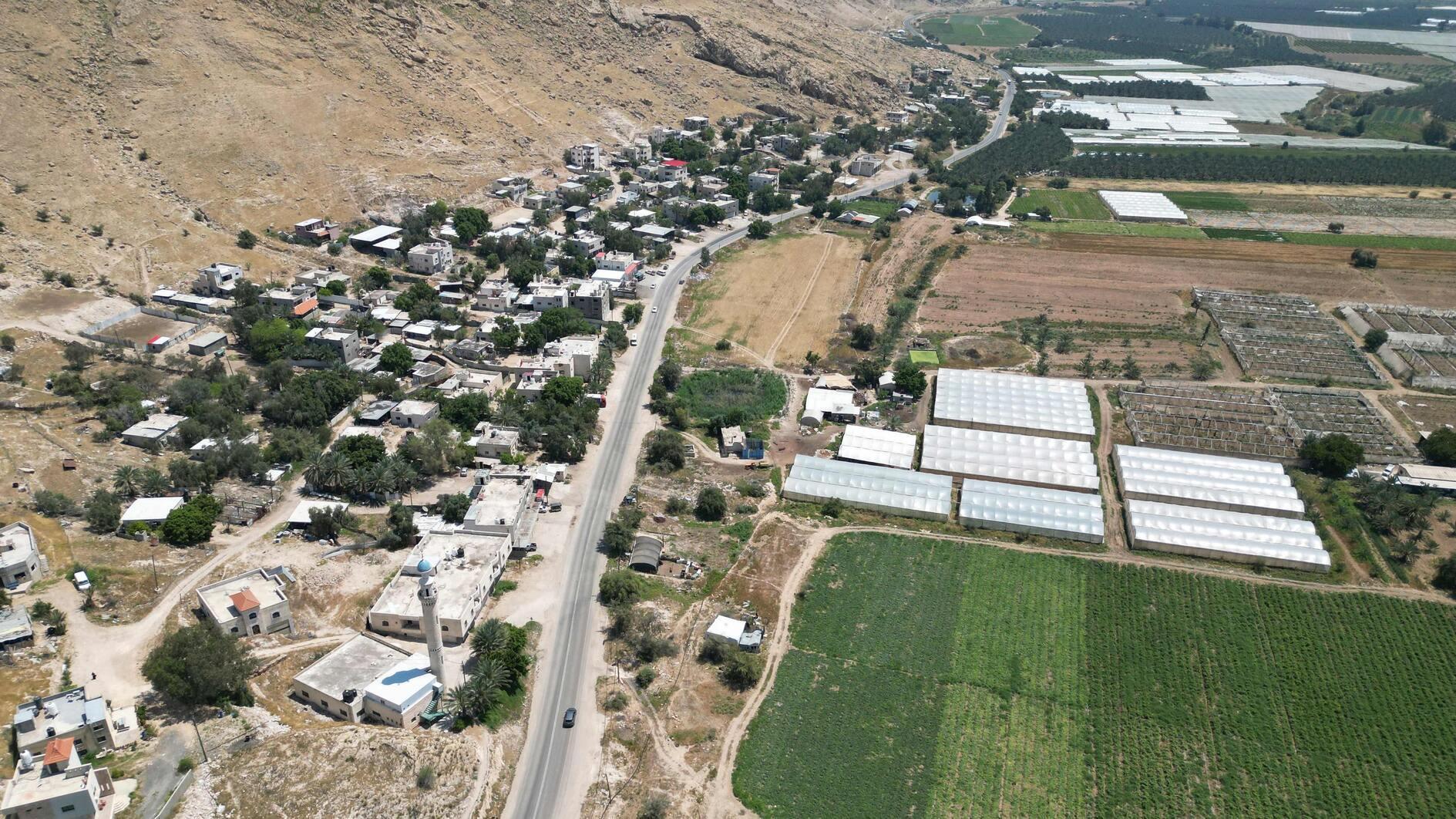Undoing - or softening - Islamist romanticism?
No doubt, Prime Minister Binali Yıldırım’s visible shift to pragmatism after his predecessor’s years of Islamist romanticism, and his efforts to soften the Great Turkish Divide on religious and secular lines, have won many hearts and minds both in the Crescent and Star and among its friends abroad. Mr. Yıldırım’s call for a foreign policy recalibration based on the idea of making more friends and fewer enemies is praiseworthy.
There may always be minor, tolerable mishaps. When at a recent press meeting a foreign journalist referred to Fetullah Gülen, the prime suspect of the July 15 coup attempt, as “Mr. Gulen,” Mr. Yıldırım roared that “What Mr.?! ... Who are you referring to as ‘Mr.?’ [The man is a] terrorist.” It is weird that a credible engineer like Mr. Yıldırım, who holds a postgraduate degree from a Swedish university, does not know that “Mr.” is a simple title rather than an expression of ovation. But never mind…
But the problem of the “Pragmatic Mr. Yıldırım” is not about his enemies. Rather, it is probably about his friends and their ideological conditioning. Over the course of many years and a successful political career, it may be that Mr. Yıldırım’s “pragmatic self” overcame his “doctrinaire self.” Don’t forget, it was he who once proudly told the press that he decided to change his university after he saw “female and male students sitting together on benches on campus and feared that he too could veer off the road.”
By one account Yıldırım is a very unlucky prime minister. Since he took his seat, his country has seen countless terrorist attacks against civilians and security personnel, a forced military incursion into Syria and, worst of all, a coup attempt. By another account, he is lucky because Turkey was never so united and non-polarized in the years leading up to July 15.
It is a good thing that Mr. Yıldırım has not given any signs that, like his predecessor, he thinks “Syria is Turkey’s domestic issue.” Nor has he voiced any ideological desire to “pray at the al-Aqsa Mosque in the Palestinian capital Jerusalem.” Probably he thinks he is too busy to have any office time for all that Islamist romanticism. Which is good. Probably he thinks that none of that Islamist romanticism will bring any good to his country. Which is good - and also realistic. He has not made any sign of a passionate nostalgia for neo-Ottoman days of glory either. That, too, is good.
But if he really wants to make more friends and fewer enemies, he has more than half the world to make peace with. Realism, which he often tries to master, could be a good start. Less ideology and more realism could make things easier for him. For example, Turkish officials have said they have successfully deported more than 3,700 jihadist fighters bound for the Syrian theater since 2011.
That is good to know. But Mr. Yıldırım should sit and seriously ponder how he and his successors would deal with the millions of potential Turkish citizen jihadists, who live in Turkey and are increasing rapidly, united in a common Islamist cause - a cause similar to Mr. Yıldırım’s but, unlike his, violent. He should look to find out why some Turks still believe the Islamic State of Iraq and the Levant (ISIL) is NOT a terrorist group. After all, the prime minister has an engineer’s mind for quickly grasping the danger behind credible statistics.
Mr. Yıldırım should also ask himself and his fellow cabinet ministers, sometimes if not always, tough questions. For instance, he should question why his government expressed sorrow over the execution of a prominent Islamist party figure in Bangladesh, while never expressing sorrow for any of the more than 300 executions that took place in Saudi Arabia between 2007 and 2010.
Mr. Yıldırım could end up being an asset for Turkey if he can dump the ideological luggage that has exhausted this country for so many years.










